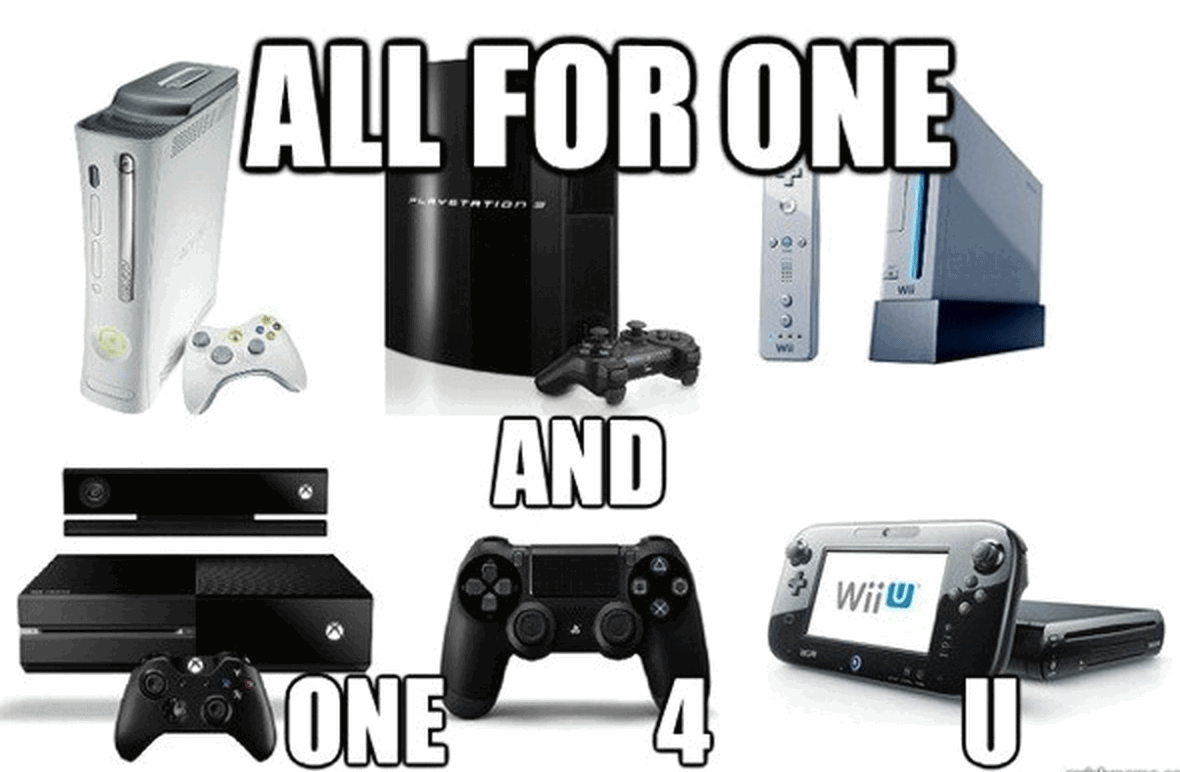The Debate on Owning Multiple Gaming Consoles: Is It Worth It?
Understanding the Current Gaming Landscape
In recent discussions on platforms like NeoGAF, a compelling question has emerged: Does owning multiple gaming consoles still make sense in today’s market? With third-party games vastly outnumbering first-party titles, many gamers are reevaluating their console collections.
The Allure of Exclusive Titles
One of the primary reasons gamers invest in multiple systems is to access exclusive first-party games. Iconic franchises such as Halo, Uncharted, and Super Mario create a strong incentive for players not to miss out. While this rationale is understandable, it raises an important counterpoint: Is it rational to purchase an entire console for just one or two exclusive titles? This debate invites further exploration into how many systems are truly necessary.
The Challenge of Time and Commitment
Balancing Multiple Platforms
With the current generation featuring consoles like the PlayStation 4, Xbox One, and Wii U—alongside their predecessors and gaming PCs—gamers face a dilemma. Juggling multiple platforms can significantly limit the time available for each system. Unless you have ample free time or financial support, dedicating equal attention to all your consoles can be quite challenging.
As someone who owns every major console from both past and present generations—including a self-built gaming PC—I can attest that my focus often leans heavily towards PC gaming. While I do enjoy my PlayStation 4 and Xbox One occasionally, they often take a backseat.
The Risk of Attachment
Another consideration is the risk of becoming too attached to one specific system while neglecting others. Many gamers may find themselves gravitating toward their favorite platform without realizing it until it’s too late.
Financial Implications of Multi-Console Ownership
The Cost Factor
The financial burden associated with owning several consoles cannot be overlooked. With most new games priced around $59.99 each, purchasing titles across multiple systems quickly adds up—especially if you’re keen on acquiring exclusives that catch your eye.
While discounts from membership programs or buying pre-owned games can help mitigate costs somewhat, maintaining a diverse library across various platforms remains expensive. As we look ahead to upcoming releases like Deus Ex: Mankind Divided and Uncharted 4, it’s clear that even dedicated gamers must consider their budgets carefully when planning purchases across different systems.
A Parallel with Fighting Games: Mastery vs Variety
The ongoing debate about multi-console ownership mirrors dynamics found in fighting games; players who specialize in one character tend to master them thoroughly compared to those who dabble with several characters but lack depth in any single choice.
This analogy extends beyond gameplay mechanics; it reflects broader industry trends as well. Some argue that game developers should abandon hardware production altogether in favor of focusing solely on software development—a unified platform could streamline costs for both companies and consumers alike.
Conclusion: Finding Your Balance
So how many gaming systems are too many? Ultimately, whether owning more than one or two consoles makes sense depends on individual preferences and circumstances as a gamer.
I invite you to share your thoughts on this topic! How do you navigate the complexities of multi-console ownership? What factors influence your decisions when considering new hardware? Let’s continue this engaging conversation!
